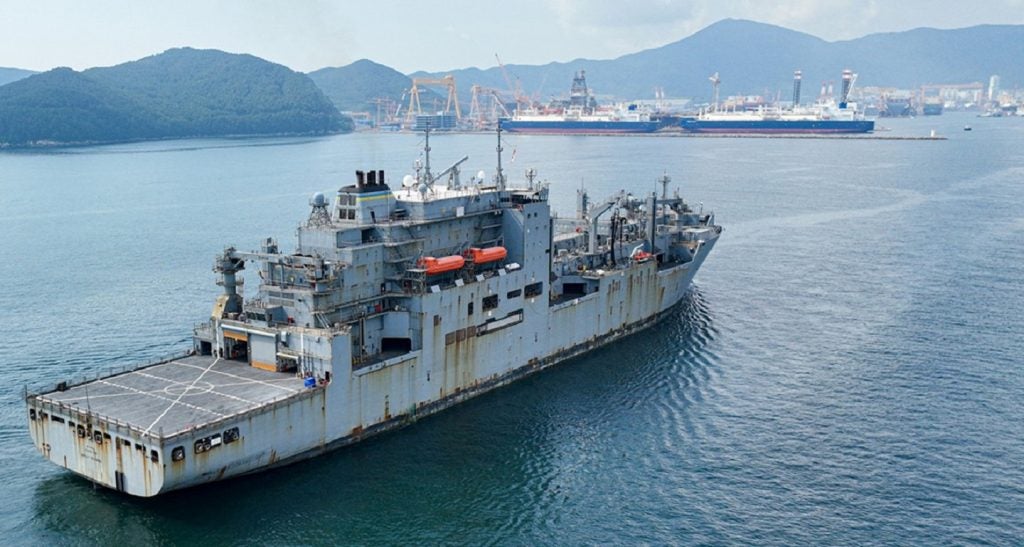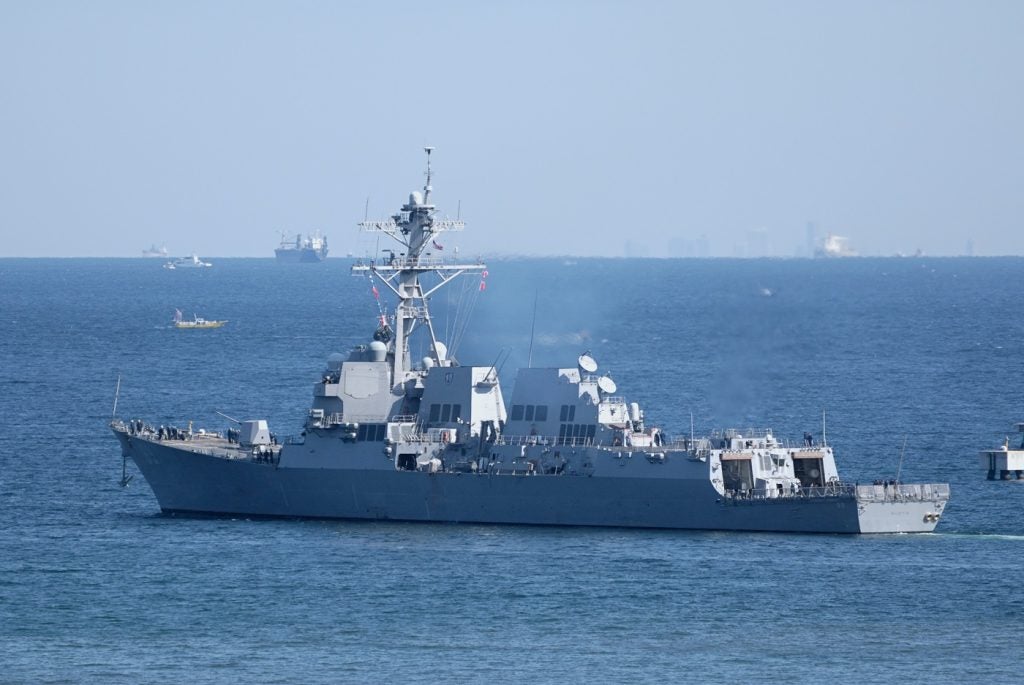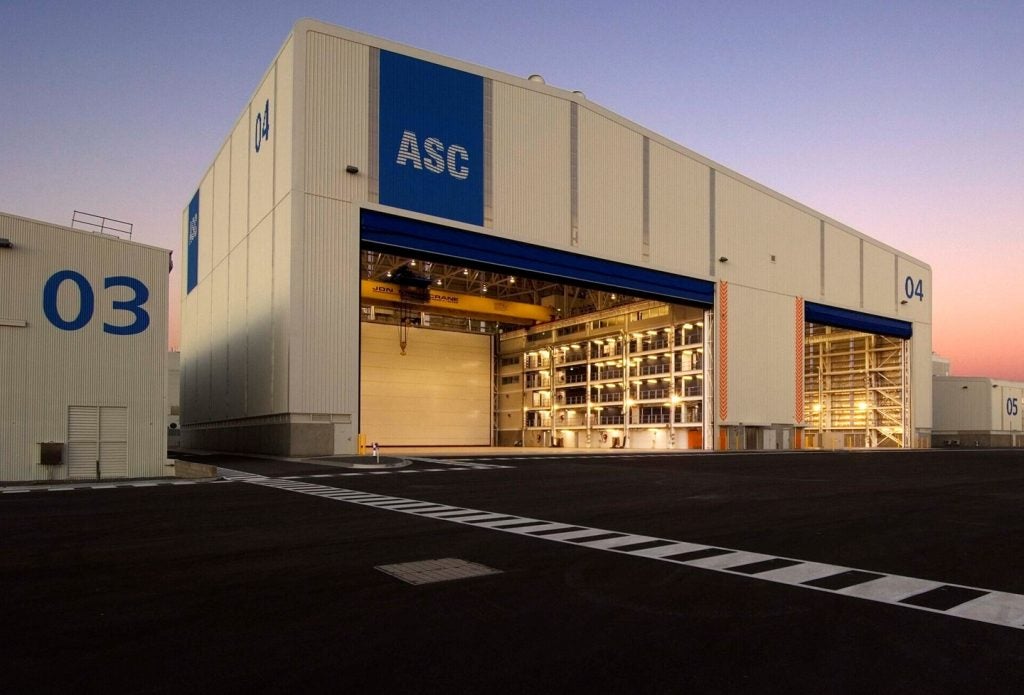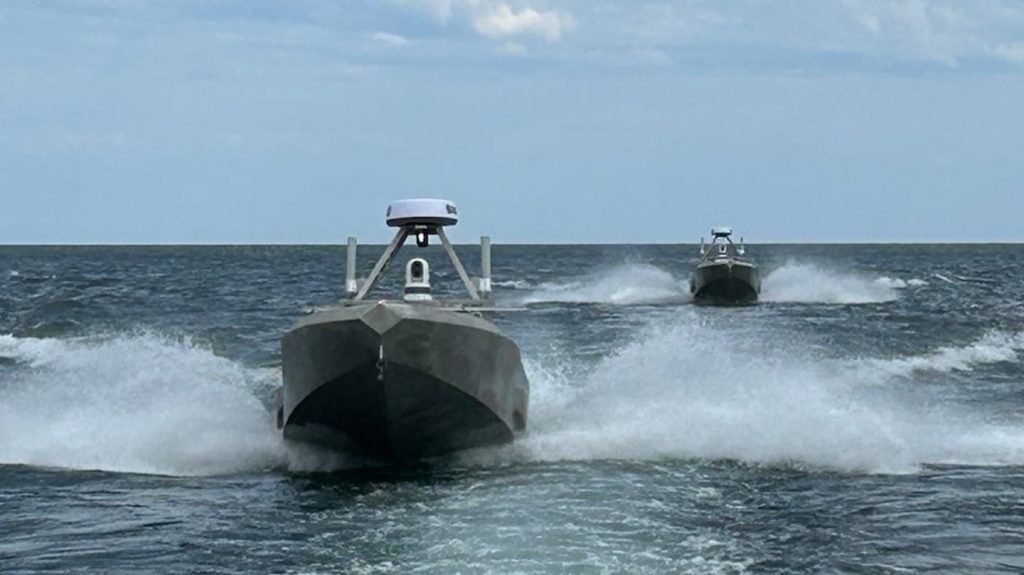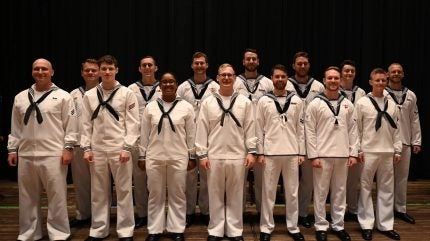
In a move under the AUKUS trilateral security pact, the first group of Royal Australian Navy (RAN) enlisted sailors has graduated with distinction from the US Navy’s Basic Enlisted Submarine School (BESS) in Groton, Connecticut.
This achievement marks the first time RAN personnel have graduated from the US training programme, highlighting the growing defence collaboration under the AUKUS trilateral security partnership between Australia, the United States, and the United Kingdom.
A new chapter in naval training
The graduation of these sailors is a milestone in the journey towards establishing Australia’s conventionally armed, nuclear-powered submarine fleet. Among the graduates, one sailor earned the Honor Graduate title for achieving a perfect score of 100%.
Chief of the Royal Australian Navy, Vice Admiral Mark Hammond, expressed pride in the sailors’ accomplishments. “It’s another exciting step to see our Royal Australian Navy sailors graduate from this unique and challenging training,” he said. Hammond thanked the US Navy for training and supporting Australia’s future submarine capability.
Strengthening international collaboration
This initiative is part of a broader effort to integrate Royal Australian Navy personnel into the US Navy’s submarine training pipeline, ensuring Australia is prepared to acquire Virginia-class submarines by 2030.
This Virginia-class submarine sale will require Congressional approval, and future leaders from both the US and Australia—who may be of very different political persuasions—will still have to want to move forward with the agreement, as highlighted by GlobalData’s intelligence on the US defence market.
GlobalData’s “Australia Defense Market 2023-2028” report emphasises that acquiring the nuclear submarine will likely significantly enhance the Australian Navy’s ability to patrol the Indian Ocean region and will go a long way in boosting its defence posture and power projection abilities.
The BESS course spans eight weeks and provides training in the operation and maintenance of nuclear-powered submarines.
Capt. Matthew Fanning, Commanding Officer of the Naval Submarine School, commended the sailors for their hard work. “For the last two months, these sailors have trained diligently alongside their American counterparts to acquire the capability to safely operate SSNs. They will continue to hone their skills in rate-specific training prior to reporting to a Virginia-class submarine as part of the crew to put their training into execution alongside US submariners.”
Paving the way for future submarine crews
Including Australian personnel in US training programmes is crucial for developing proficient crews for Australia’s future SSN fleet. This effort is complemented by similar training initiatives in the United Kingdom, where Royal Australian Navy officers recently graduated from the UK Royal Navy’s Officers Nuclear Operators Course.
Strategic implications for AUKUS
The Australian sailors’ graduation from BESS aims to promote security and stability in the Indo-Pacific region. Vice Adm. Jonathan Mead, Director General of the Australian Submarine Agency, noted, “Their success in this training is another positive step forward as we work with our US and UK partners to progress along the AUKUS Pillar 1 Optimal Pathway and toward our shared goal of a stable and prosperous Indo-Pacific.”




